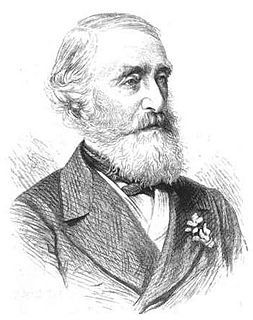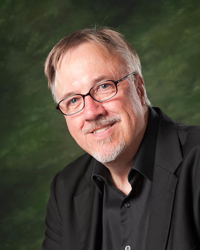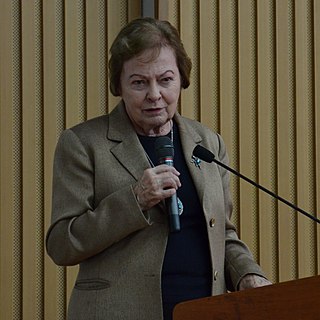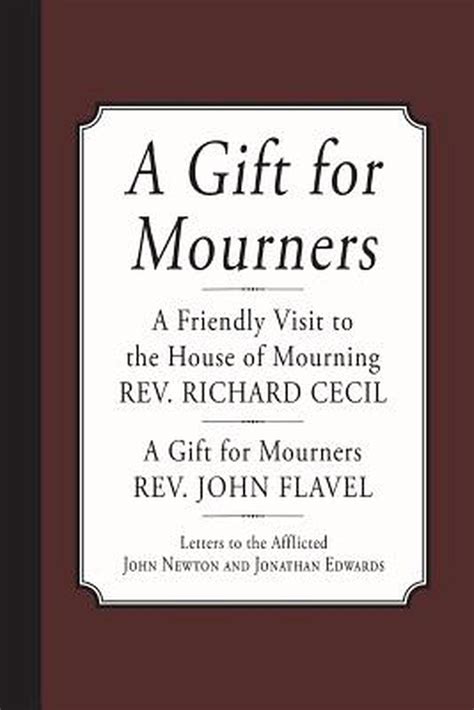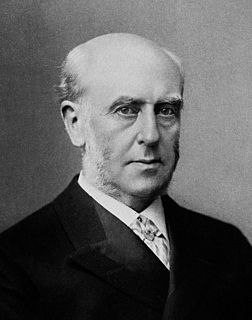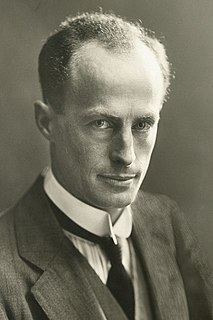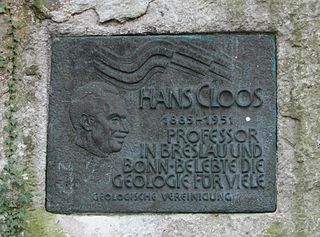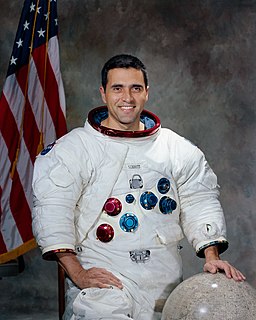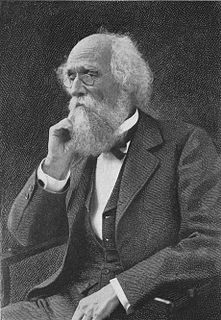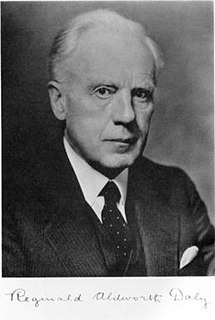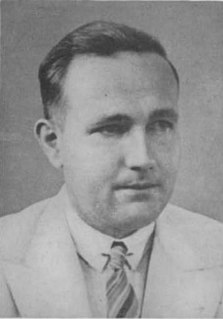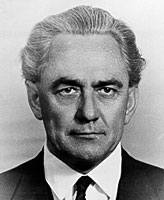A Quote by George Julius Poulett Scrope
The leading idea which is present in all our [geological] researches, and which accompanies every fresh observation, the sound of which to the ear of the student of Nature seems echoed from every part of her works, is-Time!-Time!-Time!
Related Quotes
Time, which measures everything in our idea, and is often deficient to our schemes, is to nature endless and as nothing; it cannot limit that by which alone it had existence; and as the natural course of time, which to us seems infinite, cannot be bounded by any operation that may have an end, the progress of things upon this globe, that is, the course of nature, cannot be limited by time, which must proceed in a continual succession.
The Greeks had two words for time. Chronos is the time we usually keep an eye on. Kairos was our participation of time. Time that moves us so that we lose our sense of time; timeless time; moments at which the clocks seems to stop; feeding, renewing, more motherly time. It's the time with which we feel one instead of outside of it, the self, the tao, the love that connects us to others.
The humans live in time but our Enemy destines them to eternity. He therefore, I believe, wants them to attend chiefly to two things, to eternity itself, and to that point of time which they call the Present. For the Present is the point at which time touches eternity. Of the present moment, and of it only, humans have an experience analogous to the experience which our Enemy has of reality of whole; in it alone freedom and actuality are offered to them.
On our planet, all objects are subject to continual and inevitable changes which arise from the essential order of things. These changes take place at a variable rate according to the nature, condition, or situation of the objects involved, but are nevertheless accomplished within a certain period of time. Time is insignificant and never a difficulty for Nature. It is always at her disposal and represents an unlimited power with which she accomplishes her greatest and smallest tasks.
What will be the judgment a century hence concerning the lorded works of our favorite composers today? Inasmuch as nearly everything is subject to the changes of time, and - more's the pity- the fashions of time, only that which is good and true will endure like a rock and no wanton hand will ever venture to defile it. Then, let every man do that which is right, strive with all his might towards the goal which can never be obtained, develop to the last breath the gifts with which the gracious Creator has endowed him, and never cease to learn. For life is short, art eternal.
The discussions of every age are filled with the issues on which its leading schools of thought differ. But the general intellectual atmosphere of the time is always determined by the views on which the opposing schools agree. They become the unspoken presuppositions of all thought, and common and unquestioningly accepted foundations on which all discussion proceeds.
Among those whose reputation is exhausted in a short time by its own luxuriance are the writers who take advantage of present incidents or characters which strongly interest the passions, and engage universal attention. It is not difficult to obtain readers, when we discuss a question which every one is desirous to understand, which is debated in every assembly, and has divided the nation into parties; or when we display the faults or virtues of him whose public conduct has made almost every man his enemy or his friend.
